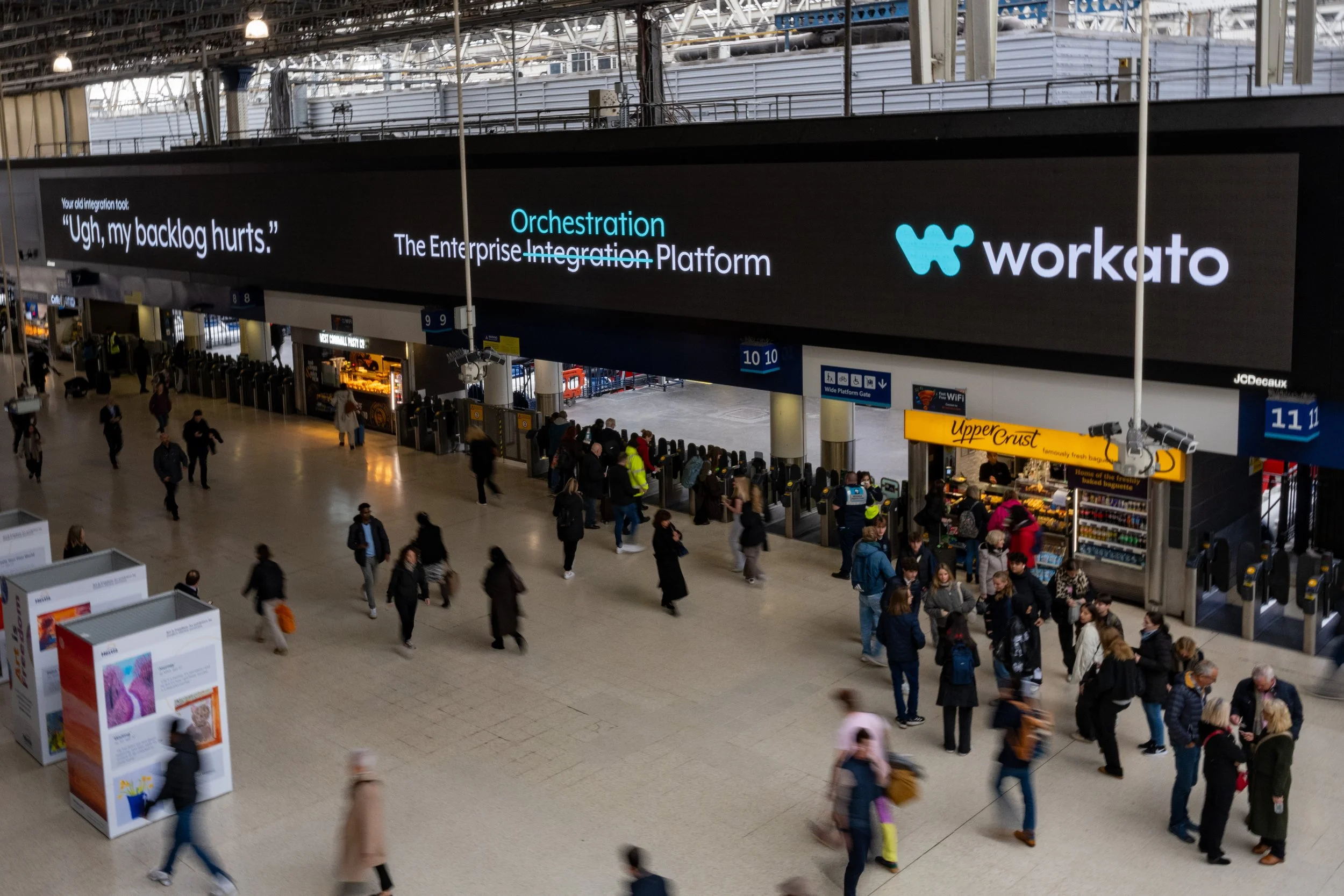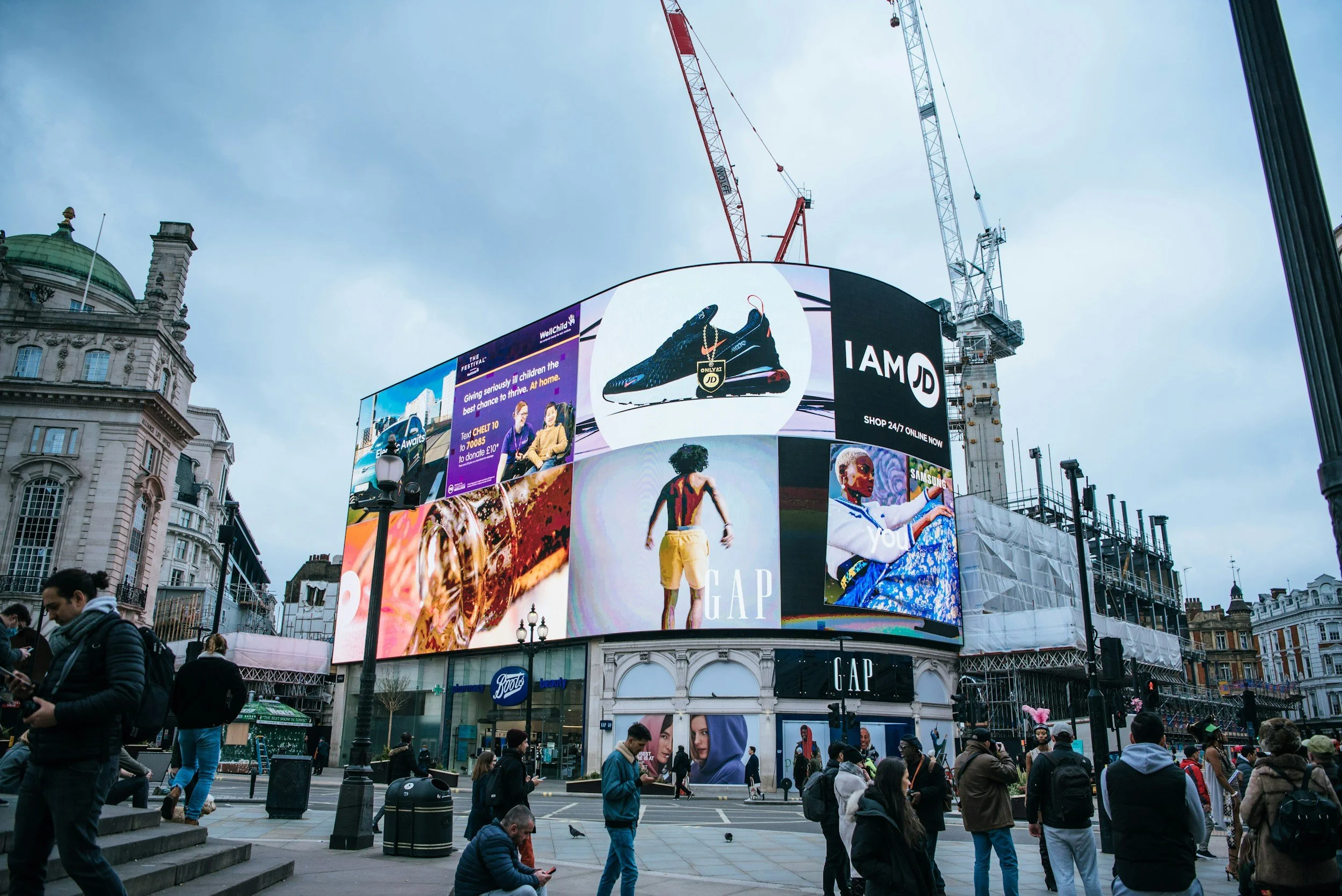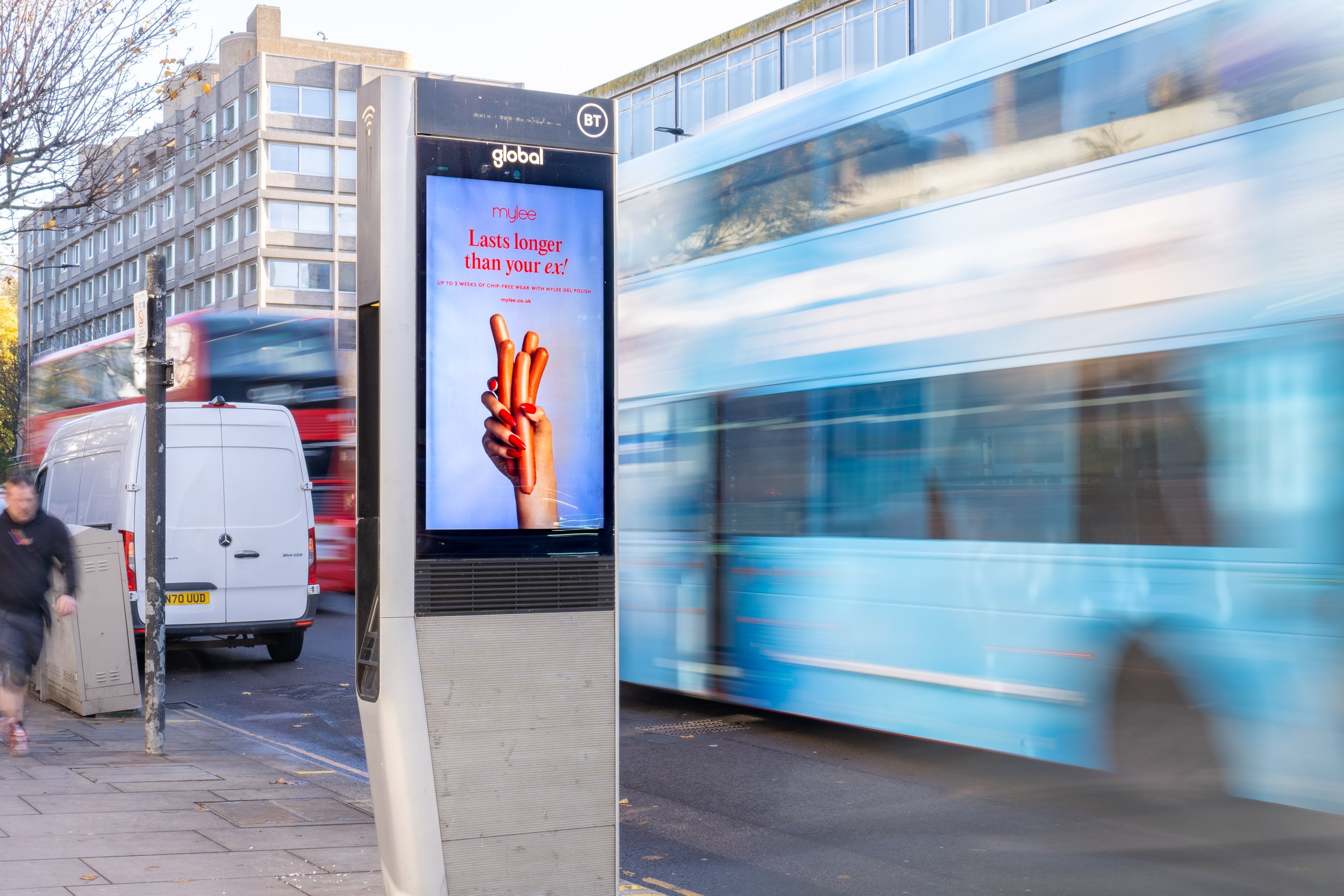Media Buying 101: The basics of media buying
Key Takeaways
Media buying involves strategically purchasing advertising space to reach the target audience effectively, including negotiation with media outlets, placement selection and budget management.
There are two main types: direct media buying (direct deals with publishers) and programmatic buying (automated real‑time bidding), each with advantages such as relationships and efficiency.
The process includes reviewing the media plan, developing target lists, sending RFPs, evaluating options, sending insertion orders, creating creatives and tracking results; success requires brand safety, continuous optimisation, consistent messaging, audience targeting and negotiation skills.
Media buying is a vital component of successful advertising campaigns, and understanding its intricacies can help your advertising agency deliver better results for clients. Whether you're looking to expand your knowledge or refine your current approach, this media buying 101 guide will walk you through the fundamentals of media buying, the process, and key strategies for success.
Media Buying 101.
Media Buying 101: What is Media Buying?
Media buying refers to the strategic process of purchasing advertising space across various platforms to reach a target audience effectively. It involves negotiating with media outlets, selecting the best ad placements, and managing budgets to maximise return on investment (ROI). This process is central to ensuring that an advertising campaign delivers the right message to the right audience at the right time.
Types of Media Buying
There are two main types of media buying that you should be familiar with:
Direct Media Buying: This type involves purchasing ad space directly from individual media companies or publishers. It requires building relationships with media owners and negotiating rates to secure the best value for the client.
Programmatic Media Buying: This type relies on automated platforms to purchase digital ad inventory through real-time bidding. Programmatic advertising has revolutionised media buying by enabling precision targeting and more efficient use of ad budgets.
Related Reading: Read more about our media planning and buying agency.
The Media Buying Process
The media buying process is systematic, ensuring that all aspects of a campaign are effectively planned and executed. Here are the essential steps involved:
Review the Media Plan: Start by examining the campaign's objectives, target audience, budget, and key performance indicators (KPIs). This plan serves as a roadmap, guiding your buying decisions.
Develop a Target List: Identify potential media outlets, ad networks, and vendors that align with your campaign goals. This will help you determine the best platforms to reach your target audience.
Send Requests for Proposals (RFPs): Reach out to selected media outlets with RFPs to gather information about their available ad inventory and pricing.
Evaluate Options and Purchase Media: Analyse the proposals and select the most suitable options based on your campaign objectives and budget.
Send Insertion Orders: Once you've chosen your ad placements, send insertion orders to confirm and formalise the agreements.
Develop Creative Assets: Create the ad content that will be used across the selected platforms. The creative should resonate with your target audience while staying true to the brand.
Track Results: Monitor campaign performance and adjust where necessary to optimise results. Tracking ensures that the campaign delivers the desired ROI.
Key Considerations for Successful Media Buying
To achieve the best results, you should consider the following factors when buying media:
Brand Safety: Ensure that your ads appear in appropriate contexts that align with your client's brand values. The wrong placement can be damaging, so take extra precautions to avoid controversial or unsuitable content.
Optimisation: Continuously analyse and adjust your campaigns to improve performance. Programmatic buying allows for near-instant adjustments, helping you keep campaigns on track.
Consistency: Maintain a consistent message across different media channels. This helps build a stronger brand identity and ensures that your audience receives a unified experience.
Audience Targeting: Use data-driven insights to reach the right audience at the right time. Programmatic tools provide highly detailed targeting options, allowing you to hone in on demographics, behaviours, and preferences.
Negotiation Skills: Develop strong relationships with media outlets to secure better deals and add value for your clients. Effective negotiation can mean more exposure for less money, boosting campaign efficiency.
Related reading: What is media buying?
The Role of a Media Agency in Media Buying
Media agencies play a crucial role in the media buying process, adding significant value through their expertise, industry relationships, and access to a wide range of media inventory. Here are some of the ways media agencies contribute:
Expertise and Industry Knowledge: Media agencies bring a wealth of experience and deep industry knowledge to the table. They understand the complexities of different media channels, audience behaviours, and the latest trends in advertising, enabling them to make informed decisions that maximise campaign effectiveness.
Established Relationships with Media Companies: Media agencies have established relationships with media owners and publishers, which can be leveraged to negotiate better rates and add value for clients. These relationships often lead to more favourable terms, premium ad placements, and exclusive opportunities that may not be available to advertisers directly.
Access to Comprehensive Media Inventory: One of the major advantages of working with a media agency is their access to all media inventory in one place. Media agencies have access to a wide array of media outlets, including digital, print, broadcast, and out-of-home channels. This comprehensive access allows them to build a well-rounded media mix that maximises reach and impact.
Buying Power and Cost Efficiency: Media agencies often have significant buying power due to the volume of media they purchase on behalf of multiple clients. This buying power can lead to cost efficiencies, allowing agencies to secure better deals and optimise media budgets more effectively.
Data-Driven Insights and Optimisation: Media agencies use advanced analytics tools to gather data-driven insights that help refine targeting strategies and optimise campaigns in real time. Their ability to track campaign performance and make data-backed adjustments ensures that advertising budgets are spent efficiently and that campaigns deliver the best possible results.
Time Savings and Focus on Core Business: By handling the entire media buying process, media agencies free up time for businesses to focus on their core competencies. This allows brands to concentrate on developing creative content and overall strategy while the media agency takes care of planning, negotiation, execution, and optimisation.
The Role of Programmatic Advertising
Programmatic advertising has significantly transformed digital media buying by automating much of the process. Using machine learning algorithms, it delivers highly targeted ads based on various marketing signals, such as demographic data and buying habits. The benefits of programmatic include increased efficiency, better targeting, and the ability to adjust campaigns in real time.
Why Media Buying Matters
Effective media buying is crucial for the following reasons:
Reaching the Right Audience: Media buying ensures that your client's message reaches the right audience at the right time, increasing the chances of engagement and conversion.
Optimising Budgets: Properly managed media buying helps make the most of advertising budgets, ensuring maximum impact with minimum waste.
Influencing Campaign Success: Media buying plays a key role in the success of an advertising campaign. Well-placed ads can significantly influence consumer behaviour and drive business growth.
By mastering the art of media buying, your advertising agency can deliver more effective campaigns, achieve better ROI for clients, and drive business growth.













